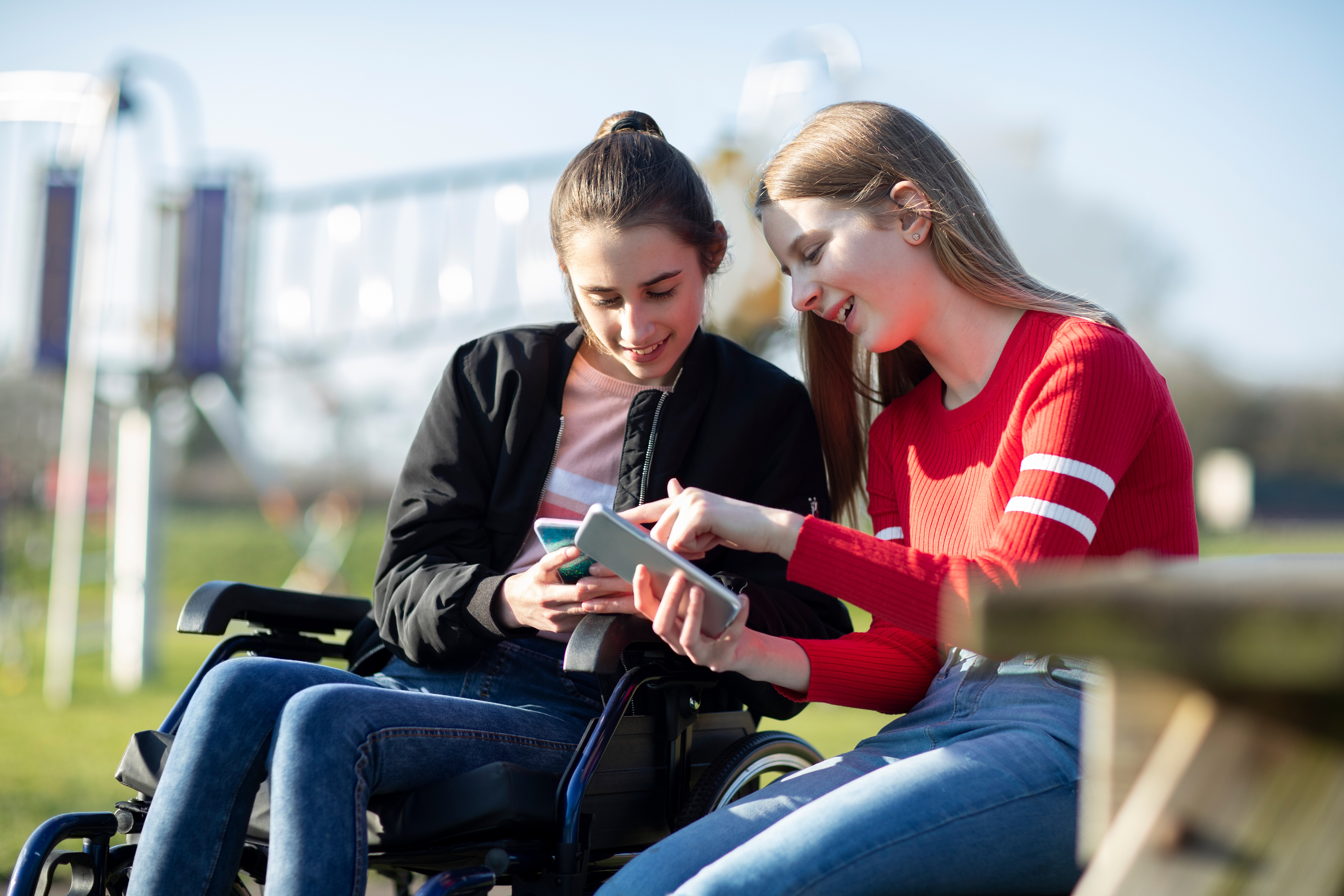Advice secondary menu
Live streaming
What you need to know
Live streaming and live video chat platforms continue to be popular with children and young people to allow them to stay connected by communicating face-to-face, and in real time. Sometimes even with a global audience.
Live streams can be public or private, depending on the type of app. Some apps allow for a conversation to be secured to allow for a more private environment.
Some live streams which are ‘public’ might be watched by hundreds or thousands of people.
There are specific apps purposely for live streaming and many social networking apps now have an in-built livestream function.
If your child is live streaming, they may engage in a variety of live streams in real time doing an activity, answering questions or playing an online game. Other people can chat to them in real time, subscribe or donate money.
Because live streams are in ‘real time’, they can be unmoderated and unpredictable which can increase the chance of exposure to inappropriate content. Your child may also experience inappropriate contact from others online who may be looking to groom them.
Similar to instant messaging, live streams can be recorded or saved, if a viewer decides to screen record or screenshot content, sometimes without your child realising. In some cases, offenders attempt to capture nude or sexual audio and video via webcam of those they target on various live streaming platforms or applications.
Advice for parents and carers
What you can do
- Supervise your child when they are watching live streams, or creating live streaming or broadcasting themselves
- Avoid chat functions or direct messaging if this is an option
- Encourage your child to not disclose personal information and consider the environment of live streams, particularly if they are live streaming to the public
- Remind your child it’s okay to say no and stop live streaming if something makes them uncomfortable.
If your child is using live streaming apps they may be doing so to watch content.
One thing to remember is that live streaming apps can be used by anyone, including people much older than your child. Live streaming doesn’t always allow for moderation or filtering, and your child may be exposed to inappropriate content or be hear inappropriate comments from other users.
If your child is creating live streams, sometimes they inadvertently give away personal information such as background imagery, noises and other factors from the environment around them.
What you can do
- Encourage your child to think critically about the type of content they are sharing
- Know who your child is interacting with if they chose to create live streams
- Consider how and where devices are used at home, such as common areas of the house
- Recommend settings are set to ‘private’ or ‘friends only’
Your child may be using the live streaming function found on their social media apps which allows a live stream direct to a user’s followers/friends on their accounts, or the general public – depending on the platform and privacy settings.
They may also use specific live streaming apps where a user may live stream themselves in real time doing an activity. Audience members can chat to them in real time for a response, subscribe and even donate money.
Older children may be seeking to use devices more independently, however you should still maintain oversight of their activities, particularly while live streaming.
Encourage devices to be used in public spaces at home, however this may not always be possible if your child is using their device in another environment.
Encourage your child to think critically about the type of content they are sharing, as well as their online interactions. This includes inadvertently giving out personal information as well as being groomed by online offenders seeking to approach children and young people online.
Learn how to block, report and remove users in the case of inappropriate contact.



